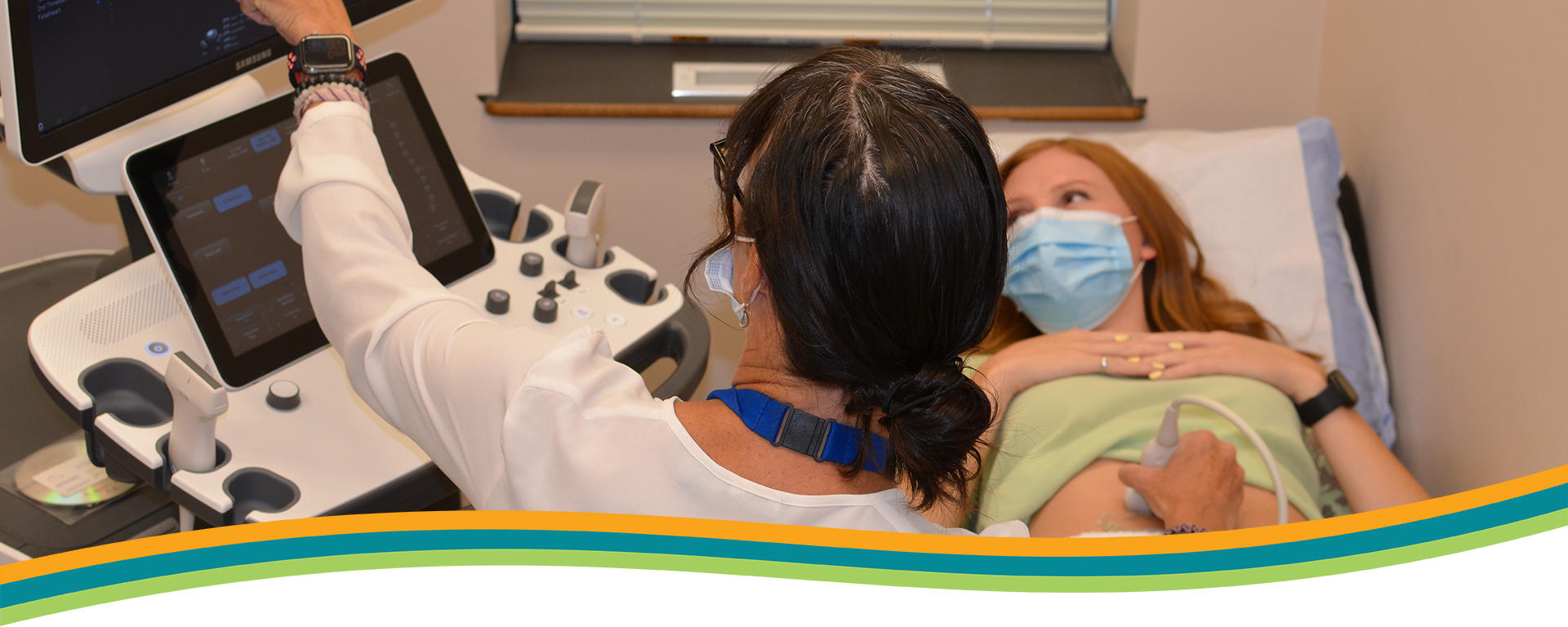Our Program
The University of Calgary offers training for those pursuing a career in clinical or academic adult gastroenterology. The program provides flexibility to meet individual educational needs and career objectives.
Rotations are scheduled using a thirteen block "lunar calendar". The first clinical year focuses on the acquisition of knowledge and skills, which form the foundation of the practice of gastroenterology. In the 1st year, nine blocks are spent on a general GI rotation (comprising both inpatient and an ambulatory GI rotation), three in hepatology, and one is elective. In the 2nd year, six months are spent on general GI rotations, two in hepatology, and five are elective. Trainees do a month of gastrointestinal histopathology and have access to local elective rotations in pediatric gastroenterology, GI motility, nutrition, IBD, and outpatient colorectal surgery. Trainees may also arrange electives in other centres or subject areas relevant to their career goals.
The clinical experience involves a broad exposure to clinical gastroenterology, including upper and lower endoscopy, polypectomy, banding of esophageal varices, gastrostomy tube placement and liver biopsy. An ambulatory experience is part of all clinical rotations and is a major part of those in hepatology. Each resident is assigned their own "Fellows' Clinic", which provides an opportunity for more longitudinal independent patient care. Rotations take place at one of four sites; these include the Foothills Medical Centre, the Peter Lougheed Centre, the Rockyview General Hospital, and the South Health Campus. This provides a broad range of experience to both academic and private practice environments.
Residents also participate in research, education, and leadership activities that improve and evaluate all of the CANMEDs roles; examples of this include the Introduction to Endoscopy course offered at the University of Alberta annually and the Western Canada GI exam (a formative exam modelled on the Royal College of Physicians and Surgeons GI exam format, jointly administered by GI training programs in Western Canada).
Residents are strongly encouraged to spend a 3rd year, either in research or in enriching their experience in a branch of clinical gastroenterology. The latter may include areas such as therapeutic endoscopy, hepatology, inflammatory bowel disease, gastrointestinal oncology, clinical epidemiology, etc. Support for the 3rd year is dependent on successful application to funding agencies. Those trainees who choose to pursue a clinical career path after two years of training can expect to be expertly trained and ready for practice. Over the past decade, our program has a 100% success rate on the Royal College Qualifying examination in Adult Gastroenterology.
Seminars & Rounds
The formal educational program includes a weekly academic half-day on Wednesday mornings, which includes a mix of formal presentations and independent study. There are also regular subspecialty rounds in inflammatory bowel disease, hepatology, motility, and therapeutic endoscopy. In addition, there are divisional rounds on Friday mornings, which rotate through interesting case rounds, state-of-the-art lectures by faculty, translational rounds and pathology rounds. There is a GI journal club 4-6 times per year. We have a highly active CME program and Calgary routinely attracts speakers from Canada as well as internationally to speak on a variety of topics. Residents in the program regularly attend regional, national and international meetings, including the annual gastroenterology fellows' course, which is appended to Canadian Digestive Diseases week. A formal mentorship program also takes place throughout the training period.
Resources
Clinical rotations take place at the Foothills Medical Centre, and between the Peter Lougheed Centre, the Rockyview General Hospital, and the South Health Campus. Each hospital has a dedicated room state-of-the-art endoscopy centre. We have a very large-volume therapeutic endoscopy centre and perform a large number of EUS annually. We serve all of Southern Alberta, so a breadth of pathology is routinely seen. We have a faculty of over 55 individuals with expertise in all areas of gastroenterology and hepatology.
Research
Research is a key part of the training program. Residents are required to participate in research projects; these projects should be sufficient to submit to the GI Residents in Training (GRIT) Course at CDDW annually. Ample time is provided during the academic half day each week. In addition, residents are encouraged to take some of their elective time as research time in a way that best suits their needs. The division has a wealth of research faculty in areas spanning such disciplines as inflammatory bowel disease, clinical epidemiology, nutrition, hepatology, motility, therapeutic endoscopy/EUS, medical education, and quality assurance.
Selection Criteria
Trainees to the program are selected via the medicine subspecialty match of the Canadian Residency Matching Service (CaRMS). Applicants must meet the eligibility criteria outlined on the CaRMS website, and all of the deadlines for application, documents, and interviews are documented there annually. All applicants will be required to submit academic transcripts, a personal letter, and reference letters via CaRMS.
Prerequisite
Candidates for training in gastroenterology must have successfully completed three years of training in internal medicine.


